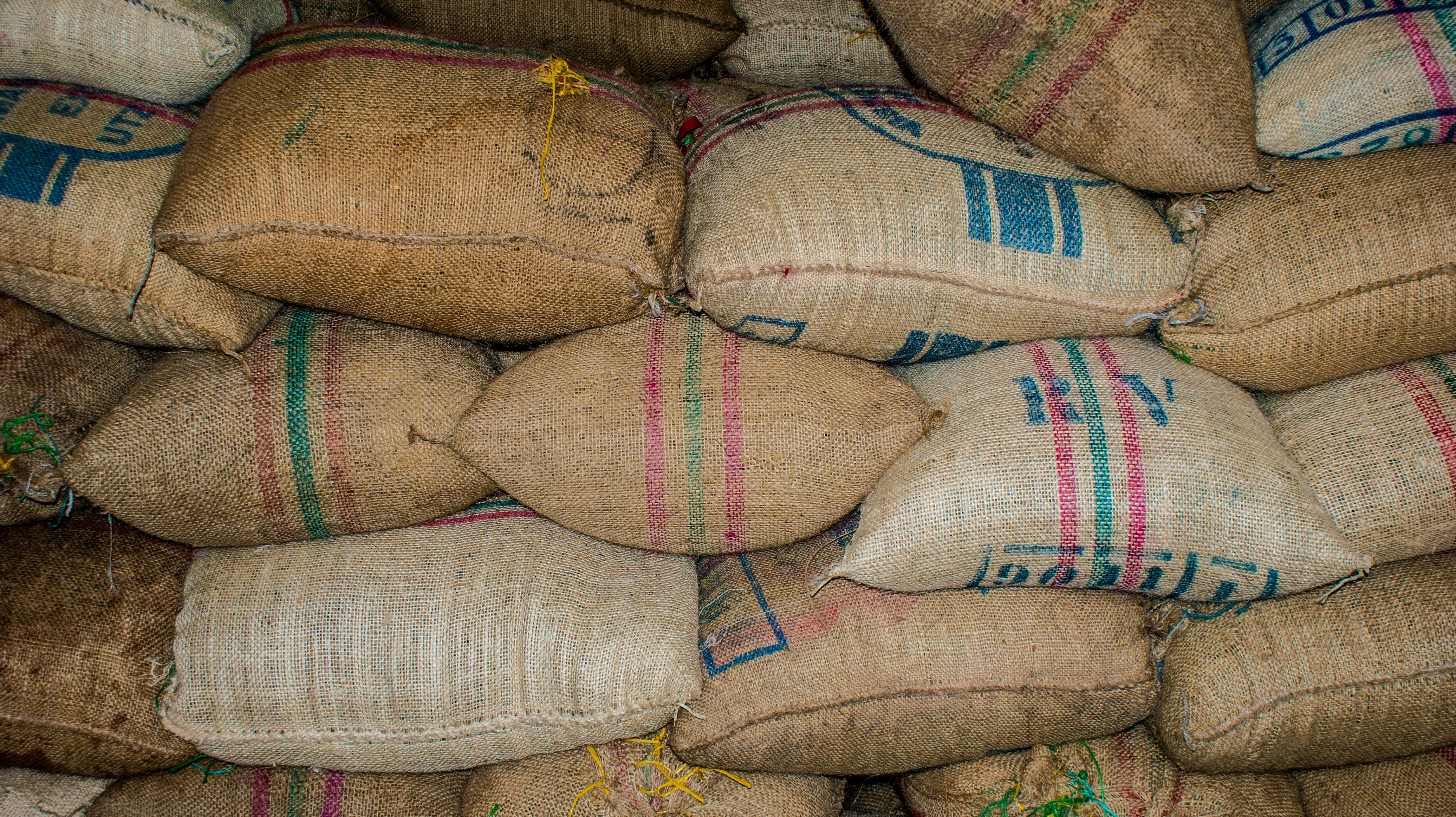3 Mental Tricks to Fight "What If?" Shopping
One of the shopping problems I struggle with is overpreparing. This is especially true for clothes, but also extends to things like office supplies, home goods, luggage, anything that could be filled in to the sentence "What if I ever need a _____?" I tend to prepare for seasons and events way in advance. I want to stress that I'm not particularly good at planning for life events (vacations, parties, weddings, job changes, the possibility of disaster); I'm just way too good at shopping for them.
For example, I've been buying summer clothes since February. I bought shorts, tank tops, and short-sleeved tops for going to work in warm weather (even though the air conditioning will be on in my office long before the outside temps hit the 80s with any regularity). I bought a running shirt, even though I've gone running one (1) time this calendar year.
At least I know summer is coming. I also buy for potential events that may not happen at all. I got a packable hoodie for "you know, when I'm at the beach, or in Maine." I don't even know that I am going to Maine this summer. I certainly haven't planned such a thing. I don't need to be buying for the possibility, certainly.
Part of the problem is wishful thinking--by buying supplies, I indulge in my hope or daydream that a particular event will happen and be great--but that's not all it is. I also overprepare for winter way in advance, and I'm not a huge winter fan. A purchase-planning list I found from last July centers around my desire to buy a new winter coat.
Logical self-talk that doesn't seem to help (with my mental undermining):
- You will have plenty of time to shop closer to the time. (You don't know that. Besides, shouldn't I do it now while I have the time to research and make an informed decision? And having identified the perfect thing, shouldn't I get it right away before it sells out?!)
- Why not wait and experience a true need before you purchase something? (Why experience a need at all? Besides, I won't be able to hit the shops when I'm in the woods of Maine! Also, what if it sells out??)
- You don't even know that you will need that. (Oh, well, even if I don't have a latte party, I can always use a milk frother.)
- What's the rush? (We both know I'm going to buy it eventually, so why not now? No time like the present! WHAT IF IT SELLS OUT??)
However, I have found myself occasionally dissuaded by the following thoughts:
The Time Value of Money
This is the most dry and logical consideration, so it can be a tough sell, but it's a good counter to those "why not now?" thoughts. Money is worth less and less as time goes on. This is because of inflation, but also opportunity cost. If, by delaying a purchase, I can save just a couple more dollars toward my investments this month, those dollars can go to work for longer, earning more money in my FIRE fund. Also, my dollars next month will be worth just slightly less than my dollars this month, but the item will probably be the same price. Even if I accept the (usually wrong but hard to shake) assumption that I will definitely by the item at some point, the longer I can wait before pulling the trigger, the better off I am.
The "Sale By" Date
If the item under consideration is at or near full price, I decide I will buy it when it goes on sale. This is a simple technique that imposes clear guidelines. but isn't too restrictive; it works with my assumption that I'll want to buy the item in the future, instead of against it.
For time-sensitive items, I figure out the latest date I could buy it and still get it in time, and I write that date down on my Buy With Intention List. That is the trigger date for buying the item at full price, basically an assurance to myself that I have a plan, even if a sale never materializes. Once the date is written down, it's harder for me to mentally justify buying it at full price any earlier, unless there is a really good reason.
The "House Burns Down" Scenario
This mental image is the most emotional and therefore the most effective, and it is especially good for items that won't be used right away. I imagine how foolish I'll feel if, having bought a whole new wardrobe of summer clothes, my house burns down before summer and I lose it all. (For winter clothes, wool-eating moths are my nightmare scenario.)
This doesn't stop me from buying things in general (and it's not meant to), but only from buying things that I have no use for yet. I'd be sad if I lost my computer and my sentimental quilt and my favorite sweater, but I've also gotten a lot of use out of those items, so I wouldn't feel silly in the same way that I would if a new expensive coat with the tags on was destroyed before I even got a chance to wear it once.
In an unknown future emergency (and there will be one, even if it's not my house burning down), a stash of extra money will always be more legitimately useful than being completely stocked up on summer clothes. Money is the most versatile stockpile.


Comments
Post a Comment